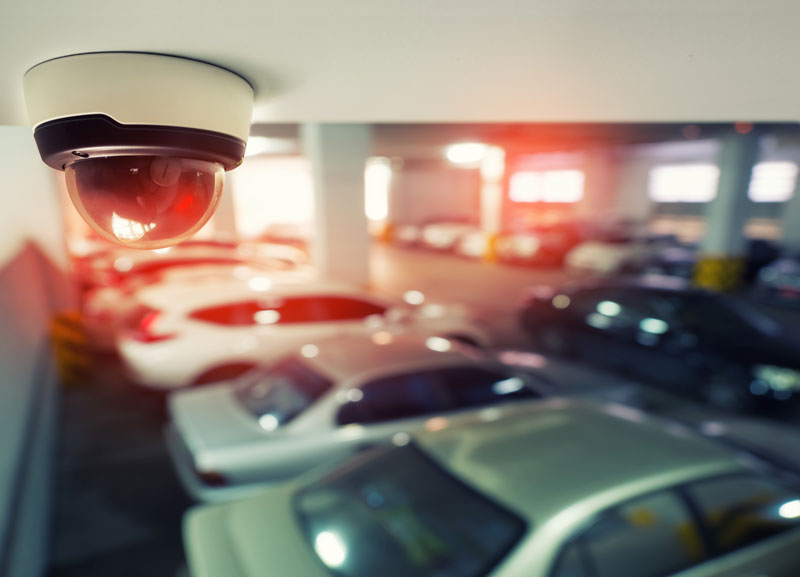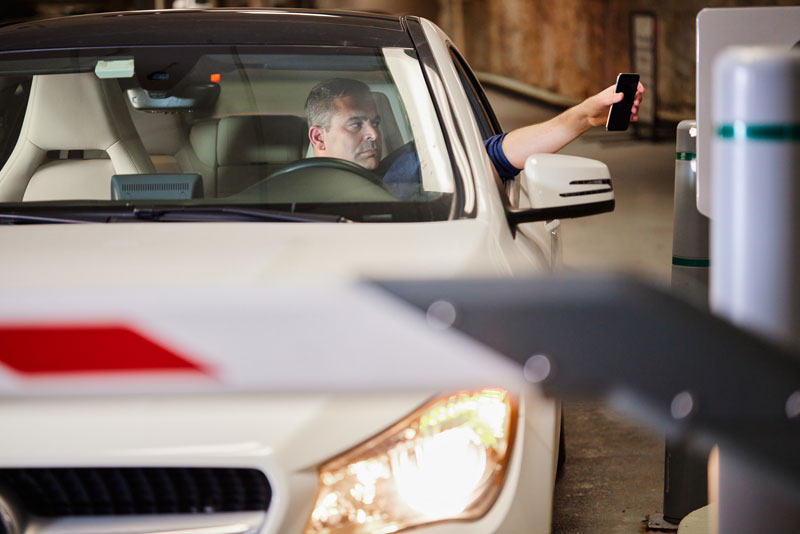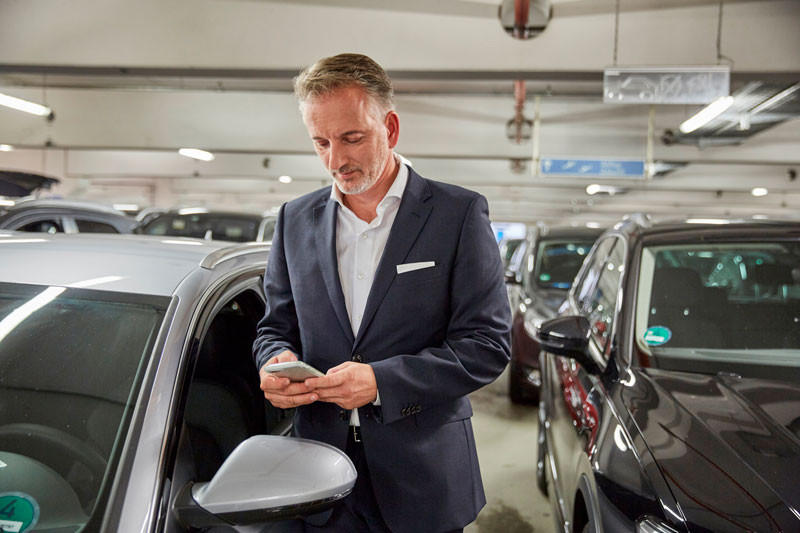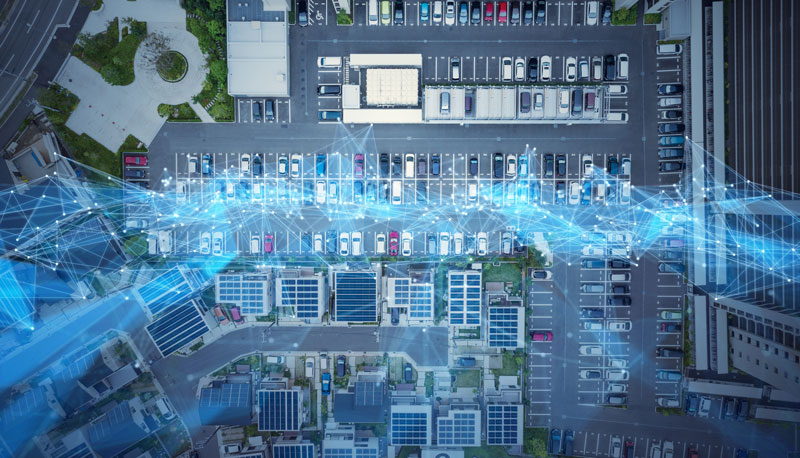Parking has been a headache for commercial real estate since long before the pandemic. Slow to adopt and adapt new technologies, it has become a fragmented system that is inconvenient for parkers and often results in unnecessary expenses for both building owners and tenants.
Although parking is one of the most important aspects for potential tenants, it’s often the lowest-rated property amenity. As businesses come out of COVID-19 lockdowns, however, there’s an opportunity to reassess how parking garages are run. Revenues from parking passes might be down, but operators are charging the same amount – and tenant needs could change as many offices adopt a hybrid work model.
KastlePark, a cloud-based software recently launched by Kastle Systems, erases many of the pain points that are associated with parking garages by integrating office building and parking garage access management into one synchronized system. This approach virtually eliminates billing and multiple entry data errors, creating a better tenant experience, maximizing revenue generation, and lowering administrative costs.
Because building operators and occupants are so accustomed to the current parking experience, they are often unaware of the significant opportunity for improvement. To illustrate that, here are five problem areas that are frequently overlooked:
System fragmentation
Today’s parking garage operators are inconsistent about the equipment they use. There’s very little, if any, standardization, and even less coordination with other building databases. Put another way: the data sets of building access, parking access and parking billing are not connected. That creates conditions for confusion in the best of circumstances. And when a building owner changes parking operators, it becomes downright messy. Manual entry errors are common, as data is sometimes mis-entered or not entered at all.
KastlePark provides a single identity-based platform that makes new client enrollment and departing client deactivation automatic actions in the lease process. It also does away with entry errors by integrating three traditionally separate databases into one single point of truth for access control and billing. It’s a unified access experience that offers clear and transparent reporting to all of the parties involved.
 Revenue leakage
Revenue leakage
Because of the way KastlePark logs leasing agreements, the system is able to instantly implement any modification made to a tenant’s lease terms that impacts parking privileges. This “single-entry” feature instantly eliminates risk of lost parking revenue due to time-lag or entry error made between two data entries into separate building and parking databases.
For example, let’s assume the lease specifies that the tenant is allowed 50 reserved spaces at $100 per month, with the price increasing to $150 for any additional spaces. In current record keeping systems, the separate databases are rarely audited, meaning the parking operator or building owner might not realize the tenant is potentially occupying more spaces than specified in their lease terms, and still paying $100 per space. That impacts income. Alternatively, the tenant may be unaware they are paying for spaces that regularly go unused.
 Security
Security
Anytime you have multiple property access databases that aren’t synchronized in data sharing, you run the risk of “gaps” in an individual’s access privileges, where one system may have revoked a user’s access while the other has not been updated and still grants that person entry. And parking access is often overlooked when deactivating a user’s property access. Neglecting to discontinue parking access for terminated staff could constitute a security risk, depending on the nature of their termination. Having a single authoritative data source to consistently enforce individual property-wide access privileges can significantly reduce the risk of unauthorized parking garage entry and use.
 Convenience
Convenience
In traditional parking garage arrangements, parking access and building access are divided into two different systems with separate user protocols. In contrast, KastlePark is integrated with the building access platform, MyKastle, which unites the parking process and the building operation. This streamlines administration to deliver greater consistency and convenience to the tenant experience.
The parking customer journey today typically involves a series of phone calls and form fills before the employee has to visit the parking office to pick up their garage access card or fob (in addition to the separate one they use to enter the building). Using KastlePark, an employee uses a single credential (i.e., their smartphone) for access anywhere from the parking garage and building front door to the elevator and into their office. It makes parking a true amenity, rather than an obligatory add-on.
Beyond that, KastlePark is a convenient payment platform and acts as a cloud-based parking office that’s open 24/7, should clients need to add or remove permissions during irregular hours.
 Visitor management
Visitor management
While KastlePark doesn’t manage daily/transient parkers (those people who pull a ticket or have a third-party reservation to gain access to a garage), it can enable a building tenant manage its own guests, making it easier to visit their office. Businesses can email clients and guests a QR code or a barcode in advance of a meeting that will grant them entry into the parking garage (and even the building). They’ll be able to set time parameters and control the visitor experience as they see fit.
From the administrative side, that parking expense will be billed back to the tenant automatically. It’s a service that both returns control to the building owners to reclaim potentially lost revenue and provides insight to the tenants, who have complete transparency into their bill.
KastlePark extends the sophistication and simplicity of Kastle’s advanced access control and identity management technology to the garage to elevate the tenant experience and increase operator efficiency in a property area that was previously treated as an afterthought.

